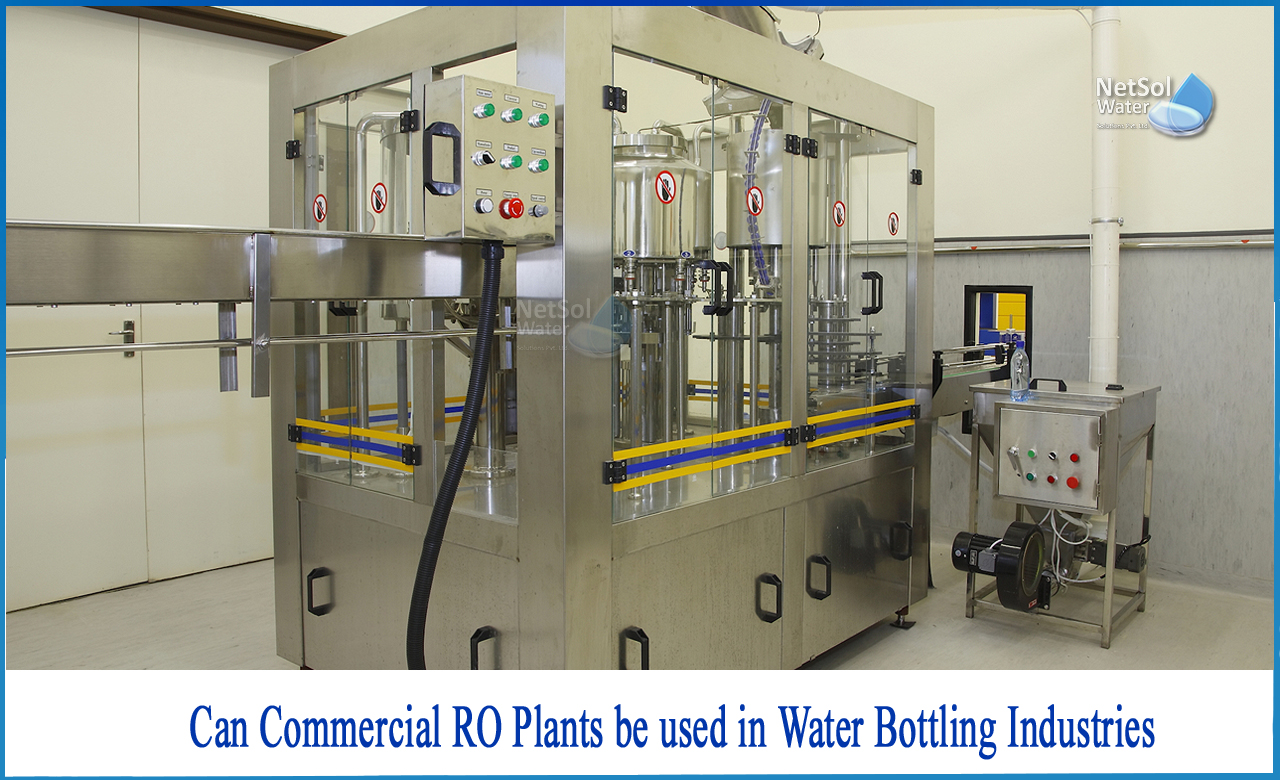Can Commercial RO plants be used in Water Bottling Industries?
Many beverage businesses rely on the bottling facilities.
Water, tea, coffee, and carbonated beverages are among the most popular liquids consumed on a regular basis across the world. The food and beverage industry is always attempting to generate new beverage kinds and flavours in order to get a greater market share in this highly competitive area.
A bottling factory is a specialized facility outfitted with bottling machinery that fills empty containers with the appropriate product and provides additional services to prepare that product for transportation to clients. Some manufacturers of bottling equipment’s may use the term "bottling plant" to refer to the specific types of equipment that they sell rather than the structure that houses the equipment.So keep in mind that the term "bottling plant" might refer to any of these things.
What is the usage of the Bottled water?
Bottled water is drinking water (such as well water, distilled water, mineral water, or spring water) that has been packed in plastic or glass bottles. It may or may not be carbonated. Small single-serving bottles to big carboys for water coolers are available in the market. It is purchased for a variety of reasons, including taste, convenience, poor tap water quality and safety issues, health concerns, and as a replacement for sugary beverages.
1: Better Water Intake: Every day, we need a specific amount of water to keep ourselves healthy. However, there are other impediments that occasionally prevent individuals from receiving adequate water. Work is a huge one; being at the office all day, busy all day, frequently distracts from that type of desire. We're also lured to less healthful beverages such as soda or juice. Carrying a bottle of water encourages healthier water drinking habits if RO plant is not available at your facility.
2: Flavouring & added nutrients: Numerous people prefer the taste of bottled water over tap water, and there are now many alternatives for flavouring water to break up the monotony of one flavour. Along with the flavour, additional minerals and electrolytes that our systems require but may not get as often as they should are frequently added.
3: Impurities-free: Tap water is meticulously prepared to be drinkable, but it passes through a lot to reach to your faucet, which might reintroduce pollutants and impurities after it has been filtered. Bottled water is immune to these problems since it is packaged in its purest form, free of debris and pollutants.
Role of RO plants in Bottled Water industries!
When pressure drives unfiltered water, or feed water, over a semipermeable membrane, reverse osmosis eliminates impurities. To create clean drinking water, water flows from the more concentrated side (with more impurities) of the membrane to the less concentrated side (with fewer contaminants). The permeate is the fresh water generated. The concentrated water that remains is referred to as waste or brine.
Through the membrane, the system eliminates dissolved solids such as arsenic and fluoride. For a broad range of reduction, a system may additionally contain sediment and carbon filtering. The system's carbon filters remove chlorine as well as foul taste and aromas, while the sediment filter eliminates dirt and debris.
Benefits of RO Plants
1: Proven technique for clean drinking water
2: High-quality filtration for non-potable tap water including bacteria or heavy metals
3: Can make extremely high mineral content (TDS of 1500 or more) tap water drinkable.
What do we offer?
Netsol Water is a renowned producer of water and wastewater treatment plants. We have a reputation for being the Top Commercial RO plant manufacturer, Industrial RO Plant manufacturer, sewage treatment plant manufacturer, and effluent treatment plant manufacturer in India. Aside from that, our USP is 24x7 customer assistance.
For any enquiry, or product-purchase-related questions, call us at +91-9650608473 or email at enquiry@netsolwater.com.



